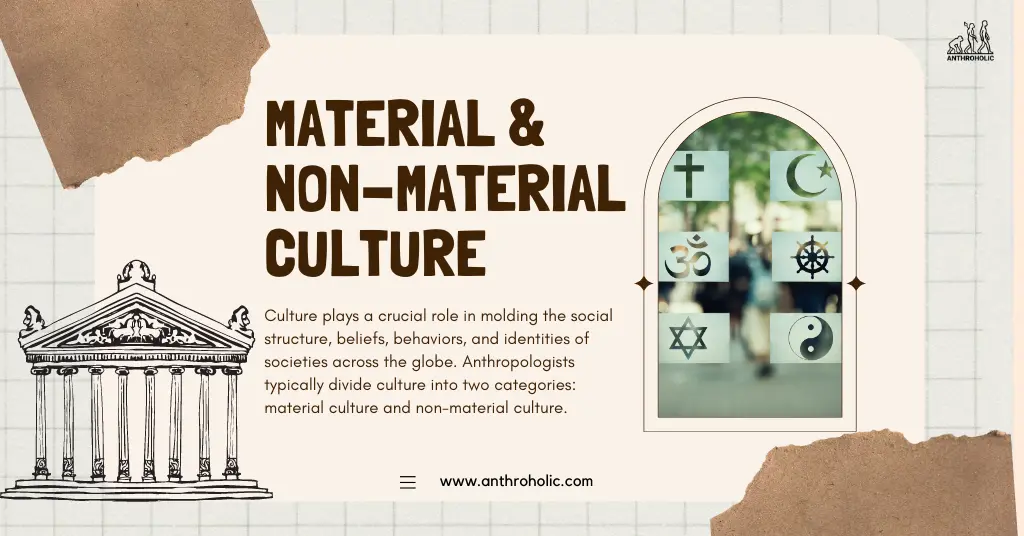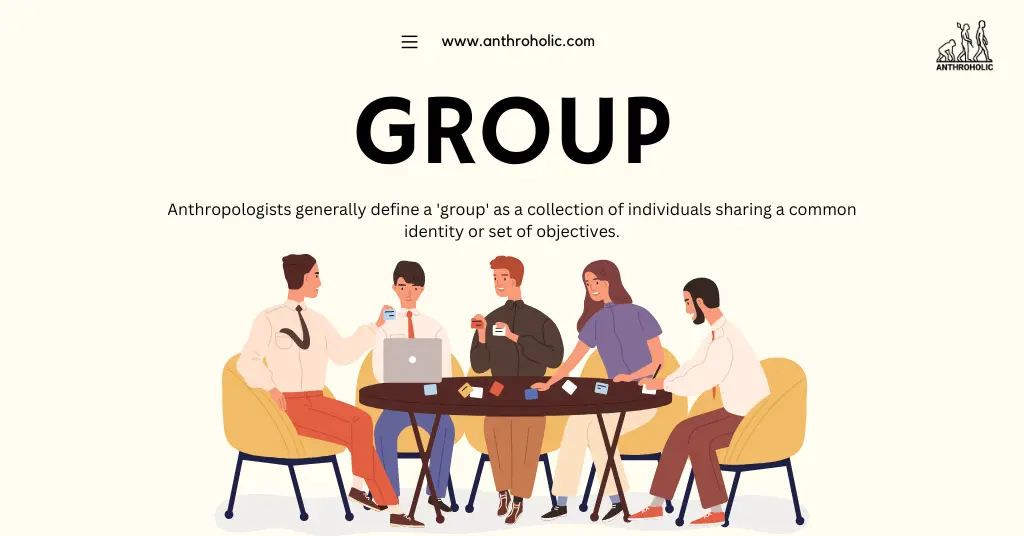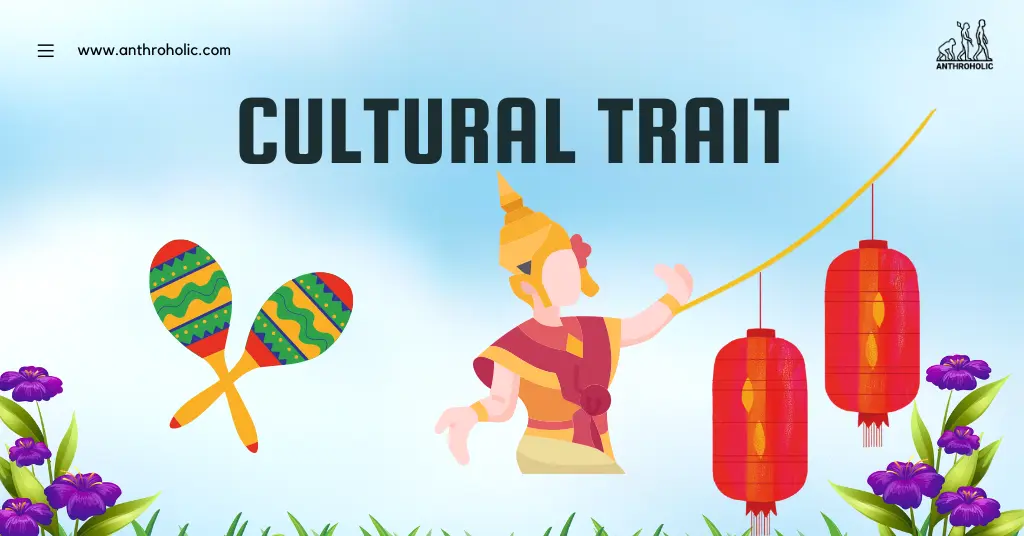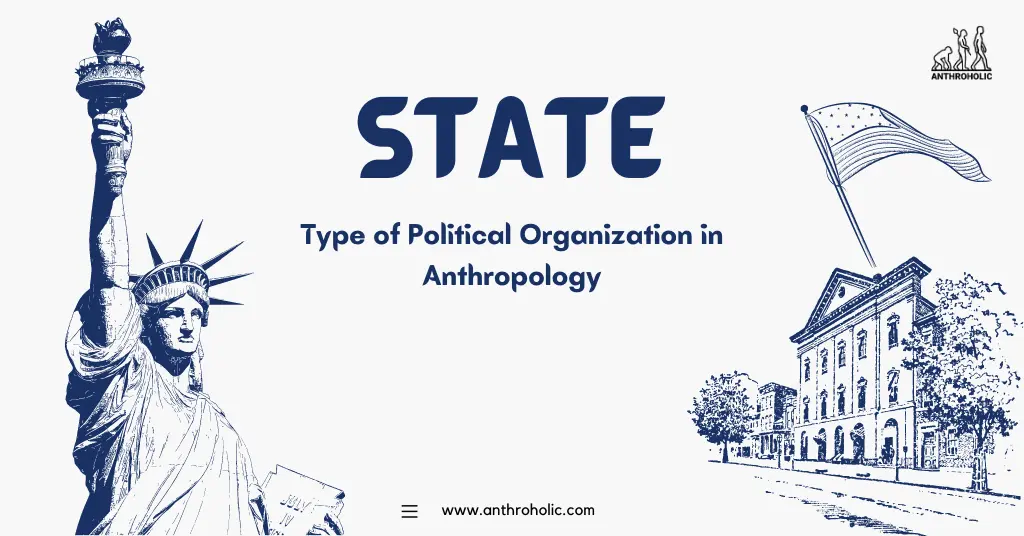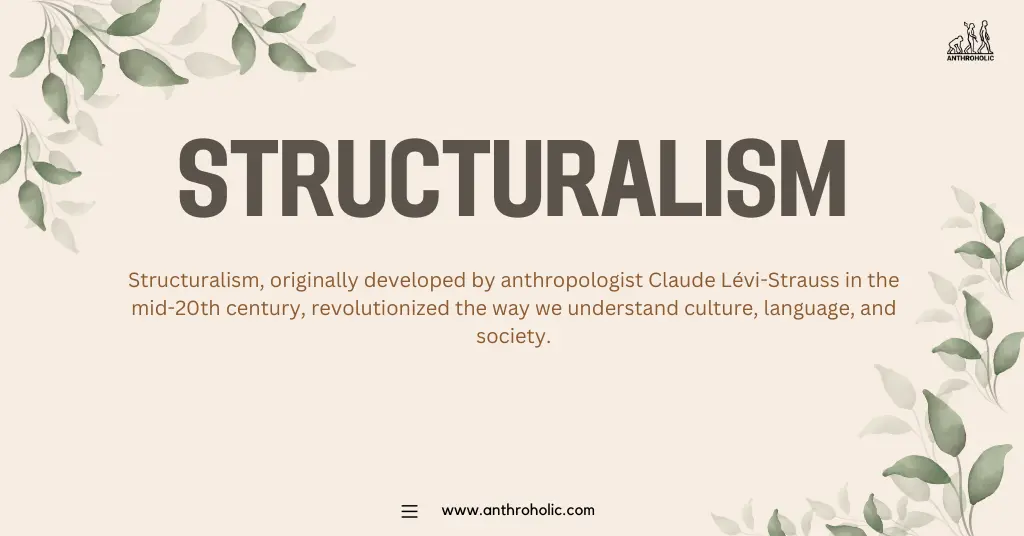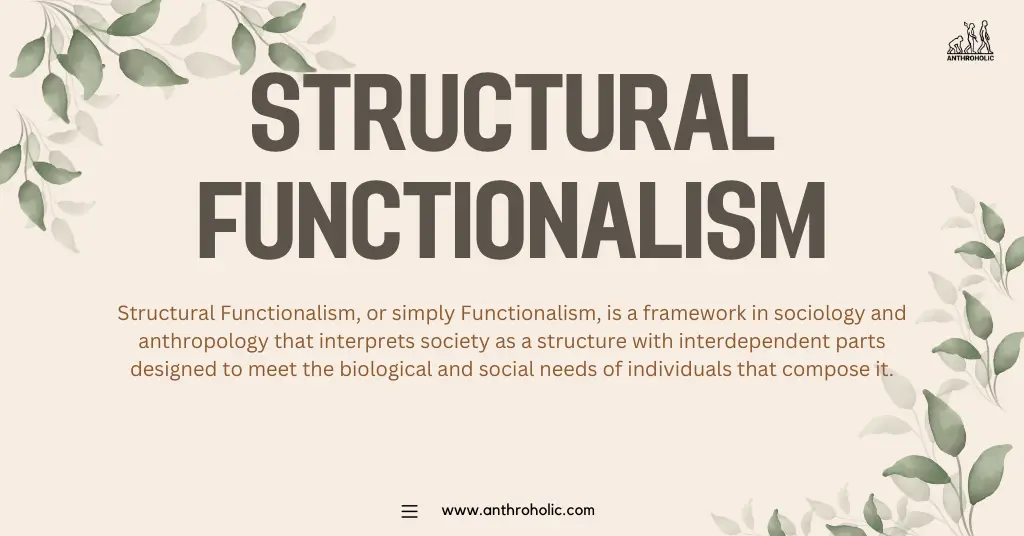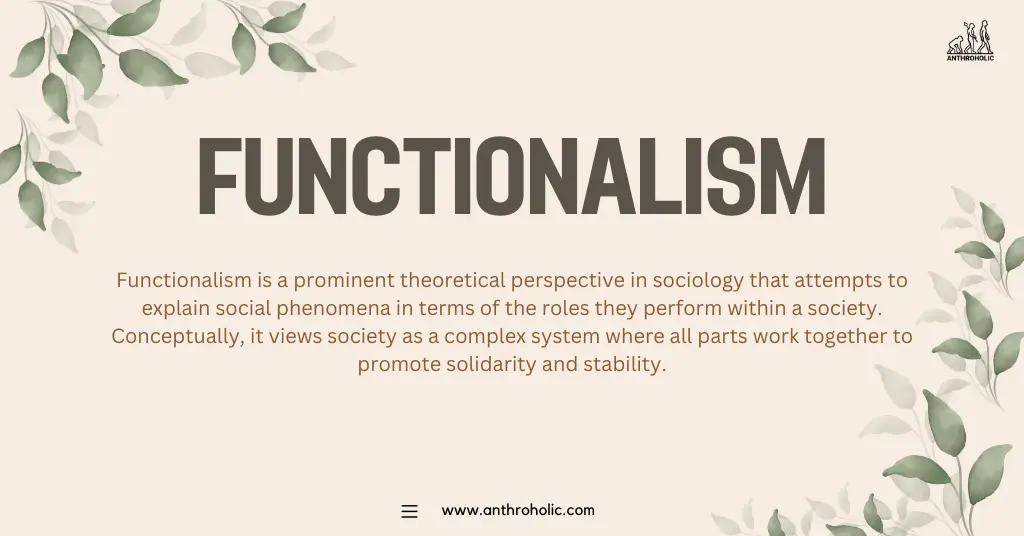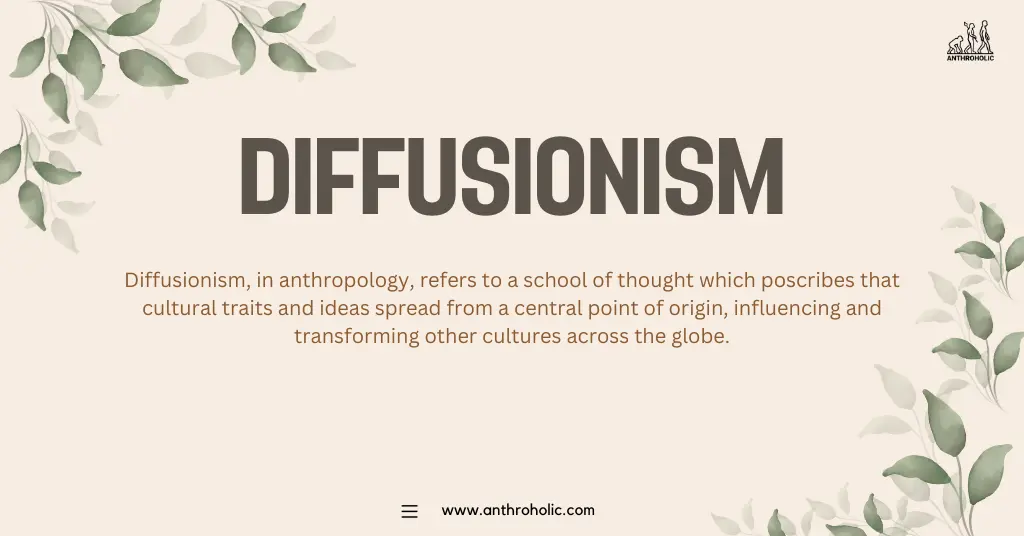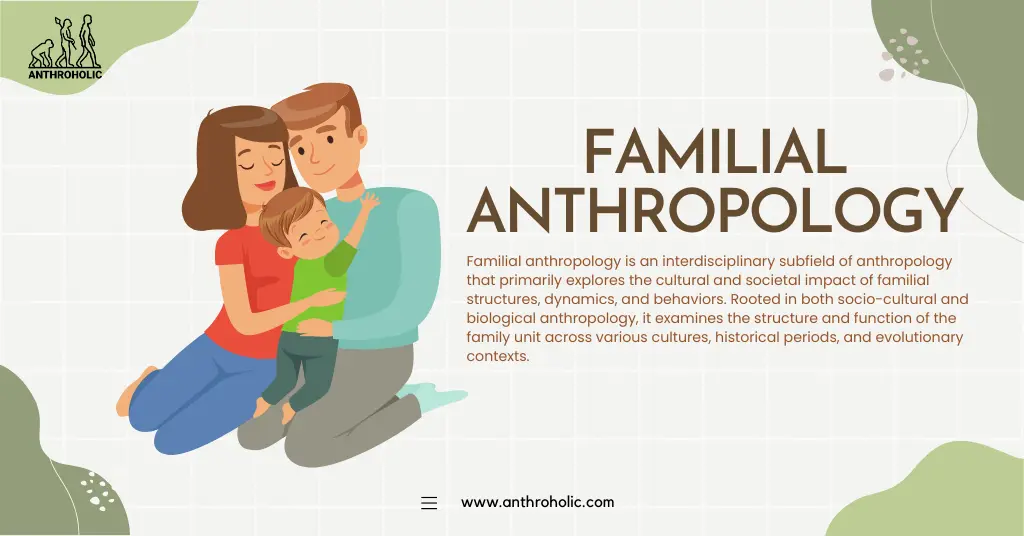AI Answer Evaluation Platform Live Now. Try Free Answer Evaluation Now

Features of Tribal Life
Tribal communities around the globe exhibit unique social, cultural, and economic patterns that set them apart from mainstream societies. They possess a distinctive lifestyle characterized by rich traditions, belief systems, societal structures, and economic practices, deeply rooted in their intimate relationship with the environment.
